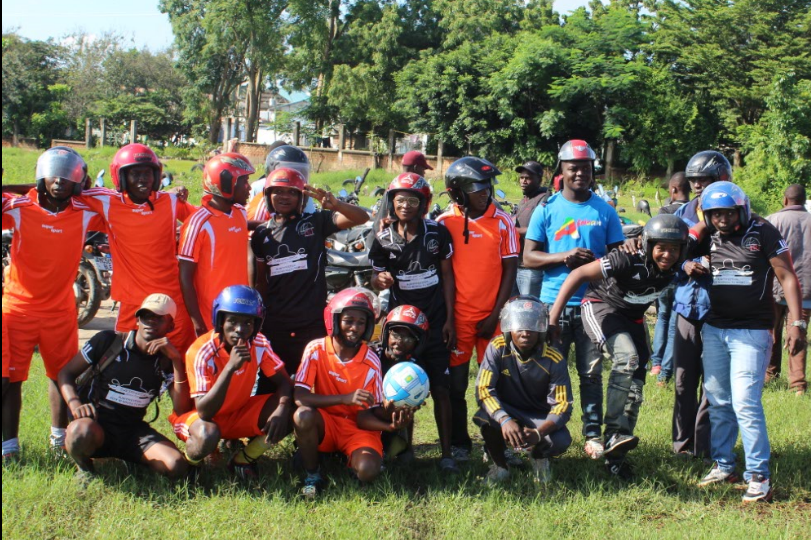
The Trump administration’s National Security Strategy identifies terrorism and violent extremism (VE) as a top priority. The president’s strategy to address these issues is to allocate more money for defense but at the expense of foreign assistance. Prioritizing hard-power, which encompasses the use of force, over soft-power, which utilizes dialogue and supports citizens and civil society, ignores the role that citizens and civil society play in countering violent extremism.
Secretary of Defense, James Mattis stated, “I think ideologies can be countered by showing people a better education and hope for the future.” To solely focus on hard-power solutions hinders the ability for citizens and CSOs to be involved in strengthening their communities.
The drivers of VE vary from political to personal and economic to religious. VE thrives in areas where governments are weak, and the African continent consists of many new and fragile democracies pressured by a booming youth population, operating with still emerging state institutions, and several governance challenges. The International Republican Institute (IRI) has been working with traditionally marginalized communities such as, women, youth and persons with disabilities in African countries to equip them to become leaders and engage in political processes. Empowering marginalized communities enables them to have agency over their lives, which boosts stability in the region.
In addition to working with vulnerable communities, IRI anchors its approach toward preventing VE in three phases: understand, inform and equip. Each phase focuses on understanding the grievances of citizens, informing citizens on drivers of violent extremism and equipping them with the tools necessary to address the vulnerabilities of violent extremism. Working with citizens and civil society to execute a clear approach to deter terrorist groups and violent extremists is crucial to the success of stability and democracy. This approach to preventing VE was implemented in Tanzania where IRI hosted two Unity Festivals in 2017 in Arusha and Dar es Salaam to disseminate messages and tools for building religious tolerance, peace, unity and stability throughout the community.
Africa, with its vastly growing population, is being recognized by the international community as an up-and-coming region for economic investment including countries like Russia, China and the United States. IRI’s advocacy for democracy and local governance strengthening is a soft power tool critical to preventing VE and assisting in the stabilization of countries in economic and political distress.
Soft-power tactics such as empowering citizens and communities must be recognized as an important tool in establishing stability and preventing violent extremism. To overcome VE, investments in soft-power approaches should complement any U.S. hard power approaches. As such, the prevention of violent extremism must incorporate both citizens and civil society to close the space for radicalization and encourage stability.
Top